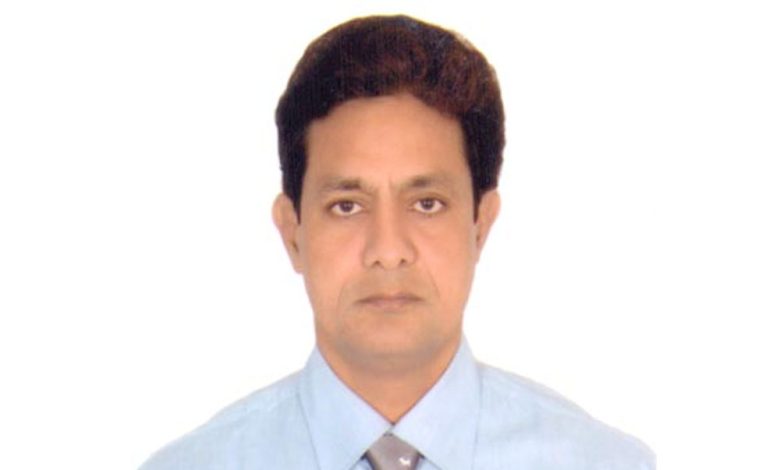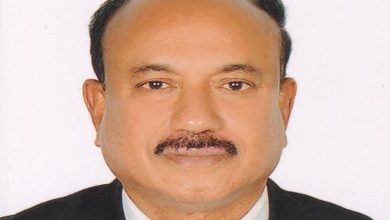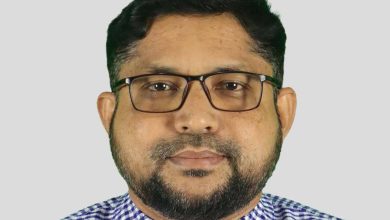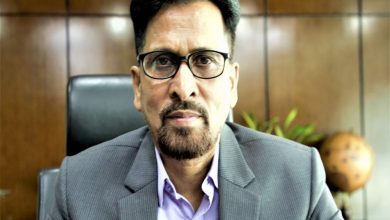Microfinance should emphasize climate-friendly agricultural strategies: Md. Altaf Hossain


Holiday Post Report: The Deputy Executive Director (Finance and Credit) of Nabolok Parishad, Md. Altaf Hossain, says that the microfinance industry plays a significant role in Bangladesh’s southern region. Microfinance used to be an integral component of financial inclusion, women’s empowerment, savings, and employment, he adds.
The growing rate of migration from the Khulna division to other parts of Bangladesh is currently making it difficult for microfinance to sustain its impact. Additionally, the fact that the borrower simultaneously take out loans from different organizations creates a problem for both the organization and the borrower. For the long-term livelihood of microfinance project participants, the effects of climate change and salinity include additional challenges.
He thinks that government and financial institution involvement is crucial to modernizing the microfinance sector. “To achieve the Sustainable Development Goals, we need to replace outdated systems with digital finance and mobile banking,” he says.
To effectively manage operations, he emphasises the necessity of subject-oriented, competent staff members. In order to evaluate performance of microfinance and guarantee accountability, he highlights practical gaps in measuring social impact and advocates for improved data analytics and real-time monitoring.
While praising the Microcredit Regulatory Authority for establishing a disciplined atmosphere, PKSF for financial inclusion and guidance, he requests the policymakers to own this sector in order to improve the lives of the underprivileged.
He demands particular rewards for microfinance institutions to innovate, financial literacy initiatives, and credit information bureaus.
He says that NGOs and banks can scale their operations and gain access to cash through collaborative partnerships. He advocates for incentive systems that encourage necessary financial behavior and responsible lending.
To make microfinance truly inclusive, he emphasizes the necessity of training borrowers and tracking financial literacy results.
“The success of microfinance depends on the goals of rural development and the support of SMEs,” he adds. He says that microcredit need to be considered as a structured economic tool rather than as charity or short relief.
According to him, up-to-date technologies, sustainable practices, and inclusive values need to be included into the sector’s whole mission and operations. He thinks that if microfinance adopts innovation and accountability everywhere, it can improve the life of underprivileged communities.
Nabolok Parishad is integrating responsible financing and sustainability into its core values, he added. He points out that community training and organizational policies are being used to put these principles into practice.
He believes that without immediate structural reforms and tech integration, the sector will fall behind. He warns that merely continuing microfinance service as usual will hurt both borrowers and the national economy.
He says Nabolok Parishad is embedding sustainability and responsible lending into its mission. He notes that these values are being practiced through internal policies and community training.
He comes to the conclusion that, Microfinance should emphasize climate-friendly agricultural strategies, creation of jobs via skill development and entrepreneurship, staff development and strong regulations for wider acceptance.





